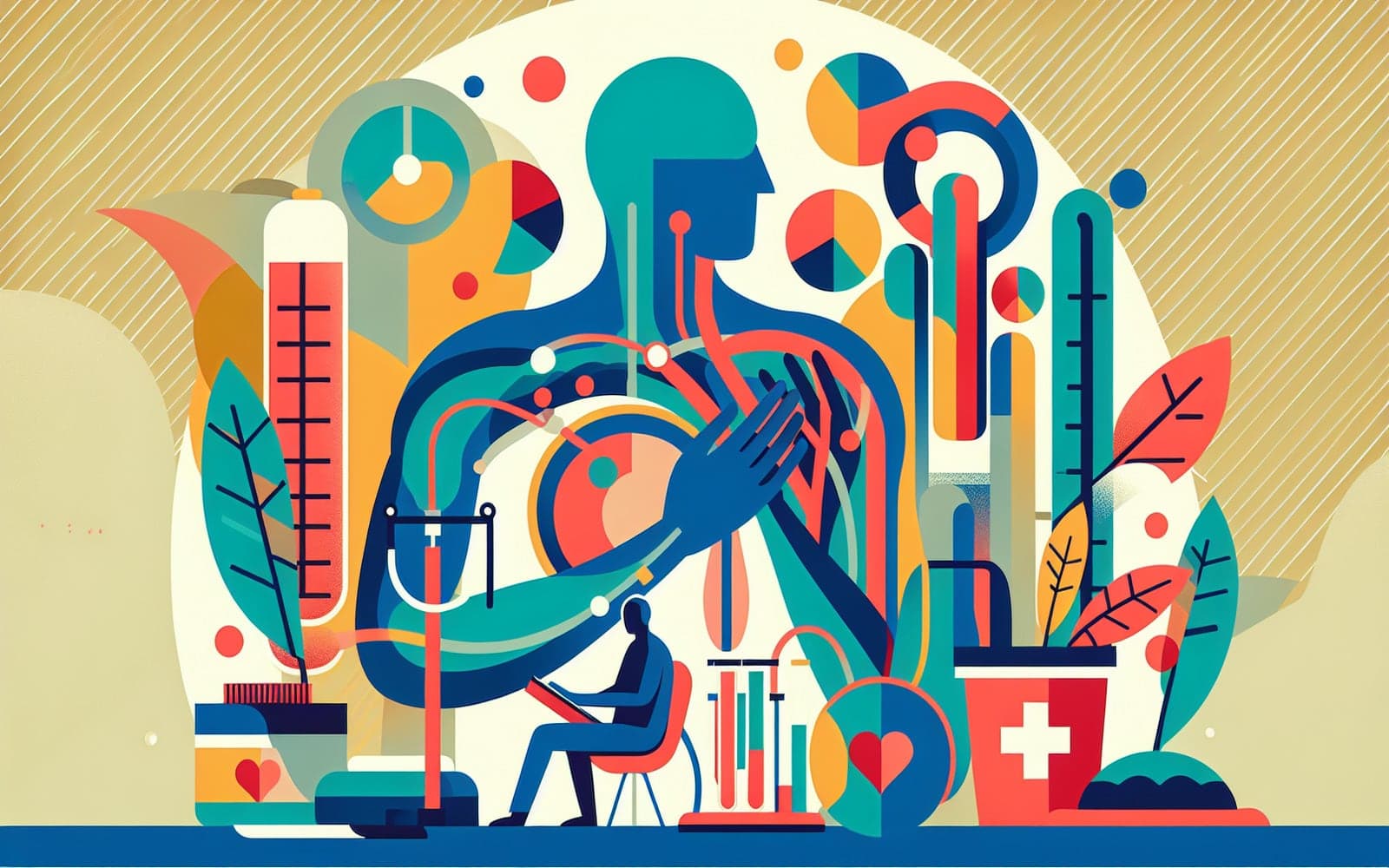Hidden Dangers: What's Behind Your Resistant Hypertension?
Published: Dec 11, 2023

Medically reviewed by Becky Powers | MD, The University of Texas Medical School - Houston, Texas on December 11th, 2023.
Resistant hypertension doesn't just happen by chance. Several risk factors and underlying conditions can make your blood pressure harder to control, increasing your risk for serious health problems.
Contents
The Usual Suspects
Common risk factors for resistant hypertension include age, obesity, and chronic conditions like diabetes and kidney disease. It's like having extra weight on a scale – these factors tip the balance towards higher blood pressure. Lifestyle choices, such as a high-salt diet or excessive alcohol consumption, can also play a significant role.
Hidden Hormonal Havoc
Sometimes, hormonal disorders are the secret saboteurs of blood pressure control. Primary aldosteronism, where the adrenal glands produce too much of the hormone aldosterone, is a prime example. It's like having an overactive sprinkler system in your body, causing you to retain too much salt and water. This condition is found in up to 20% of people with resistant hypertension.

Sleep Apnea's Sneaky Impact
Obstructive sleep apnea is another common, but often overlooked, contributor to resistant hypertension. When breathing is repeatedly interrupted during sleep, it can lead to hormonal changes and increased stress on the cardiovascular system. It's like trying to sail smoothly while repeatedly hitting rough waters – your blood pressure can't settle down.
Frequently Asked Questions
Chronic stress can contribute to difficult-to-control blood pressure.
Genetics can play a role, but lifestyle factors are often more significant.
Kidney problems can disrupt fluid balance and hormone production, raising blood pressure.
Treating underlying causes can sometimes resolve or improve it.
Key Takeaways
Understanding your personal risk factors is key to managing resistant hypertension and protecting your long-term health.
Worried about your risk for resistant hypertension? Chat with Doctronic to assess your personal risk factors and develop a tailored prevention plan.Related Articles
References
Carey RM, et al. Resistant Hypertension: Detection, Evaluation, and Management: A Scientific Statement From the American Heart Association. Hypertension 2018; 72:e53.
Douma S, et al. Prevalence of primary hyperaldosteronism in resistant hypertension: a retrospective observational study. Lancet 2008; 371:1921.
This article has been reviewed for accuracy by one of the licensed medical doctors working for Doctronic. Always discuss health information with your healthcare provider.

